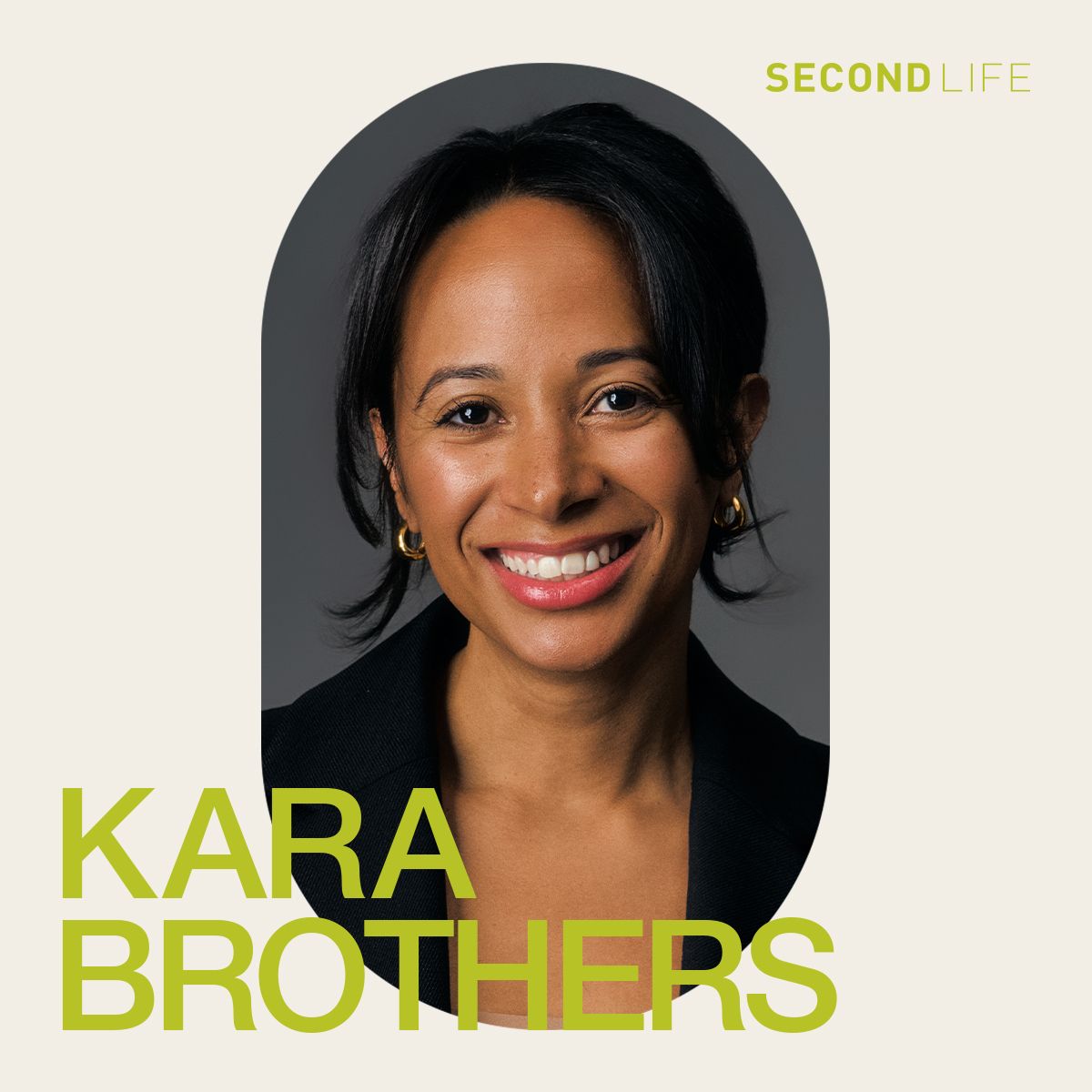Unlock the Editor’s Digest for free
Roula Khalaf, Editor of the FT, selects her favourite stories in this weekly newsletter.
EasyJet has struck a deal to expand its fleet through the purchase of more than 150 new aircraft and outlined plans to restart shareholder payouts following a “record summer” of flying.
The UK-based airline on Thursday announced a deal with Airbus for 157 new short-haul aircraft for delivery from 2029, alongside purchase rights for a further 100, bringing the total number of planes it has on order to 315 by 2034.
“This will enable easyJet’s fleet modernisation and growth to continue . . . while providing substantial benefits including cost efficiencies and sustainability improvements,” said chief executive Johan Lundgren.
The new plane orders will allow easyJet to replace older aircraft with newer and more fuel-efficient models, and promote “disciplined growth” over the next decade, the company said.
EasyJet joins a growing list of airlines placing orders with Airbus and Boeing to fuel growth over the next decade and beyond. Ryanair signed a deal to buy more than 300 Boeing planes earlier this year, while Air India announced an order for 470 planes from Airbus and Boeing, one of the biggest aviation orders in history.
But the booming order book has led to supply chain problems and left manufacturers struggling to deliver aircraft to their customers.
EasyJet said it expected supply chain bottlenecks at Airbus and Boeing to continue into the 2030s, and that it needed to place an order now to “ensure a supply of future delivery slots”.
The deal follows a landmark order with Airbus signed in 2022, which saw the airline’s largest shareholder and founder Stelios Haji-Ioannou drop his long-running opposition to ordering new aircraft.
EasyJet on Thursday also became one of the first major European airlines to announce the resumption of shareholder payouts following the Covid-19 pandemic, in one of the clearest signals that the industry has put the crisis behind it.
In a full-year trading update, the company said it planned to pay shareholders 10 per cent of 2023’s profit after tax, with the first payouts expected early next year.
Lundgren also laid out new targets for the business, including reaching pre-tax profit of £1bn in the “medium term”.
“This will be driven by reducing winter losses, upgauging our fleet and growing easyJet holidays,” he said.
The airline forecast pre-tax profit of between £440 and £460mn for the financial year ending in September, following record profitability in the summer months.
Looking to demand for the start of the seasonally slower winter period, easyJet forecast a 15 per cent year-on-year rise in flight capacity for the final three months of this calendar year, at higher prices.
Signs of healthy demand for flying will be welcomed, as the industry faces questions over whether the travel boom is sustainable.
Analysts at Goodbody said easyJet’s full-year numbers were “slightly below” consensus, while its guidance for the current quarter “remains largely unchanged”.
“This may be a slight disappointment to shorter term investors. However, the reintroduction of the dividend, the new medium-term targets and the new aircraft order should be welcomed,” the analysts said.
Shares fell almost 4 per cent in early trading on Thursday.
Shares in easyJet have lagged behind many of the company’s rivals, declining 14 per cent over the past six months despite strong profitability over the summer and confident outlooks from management.
“EasyJet believes it has a road to much higher profitability than the street does,” Bernstein analyst Alex Irving said.
“A credible plan to increase profits would see numbers come up — we look forward to further colour,” he added.


























































![Mason Ramsey – Twang [Official Music Video] Mason Ramsey – Twang [Official Music Video]](https://i.ytimg.com/vi/xwe8F_AhLY0/maxresdefault.jpg)




















